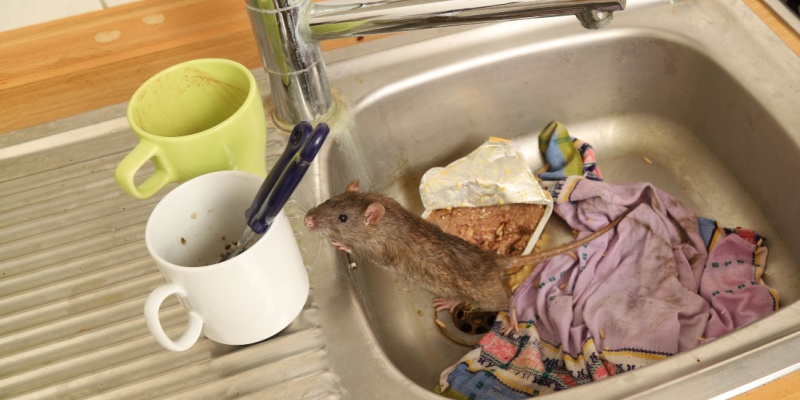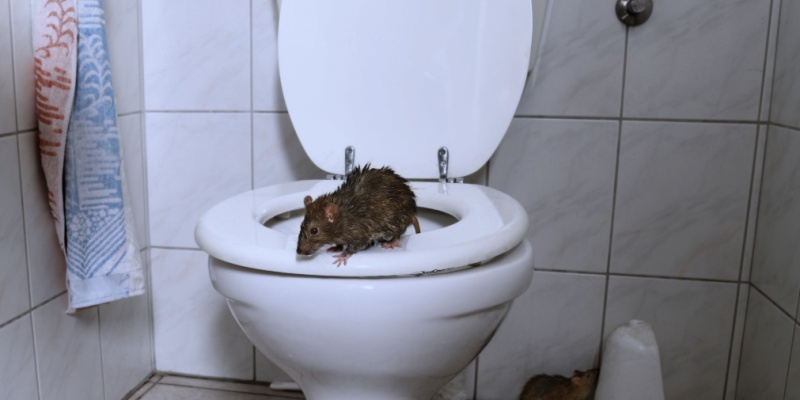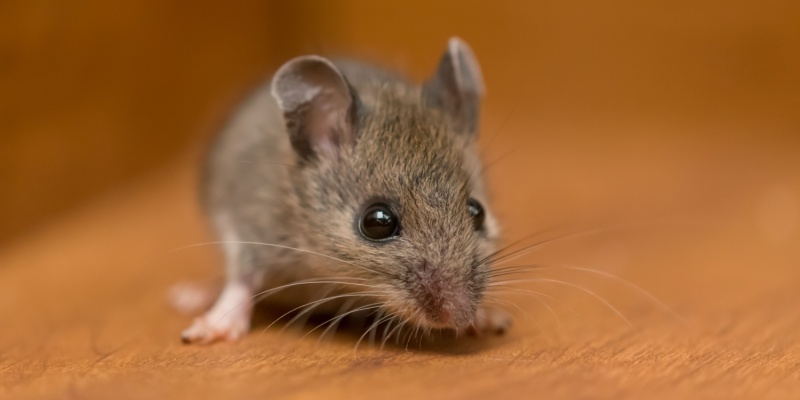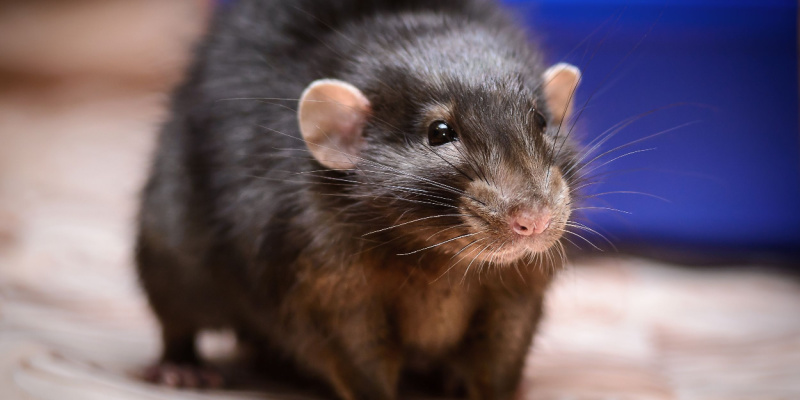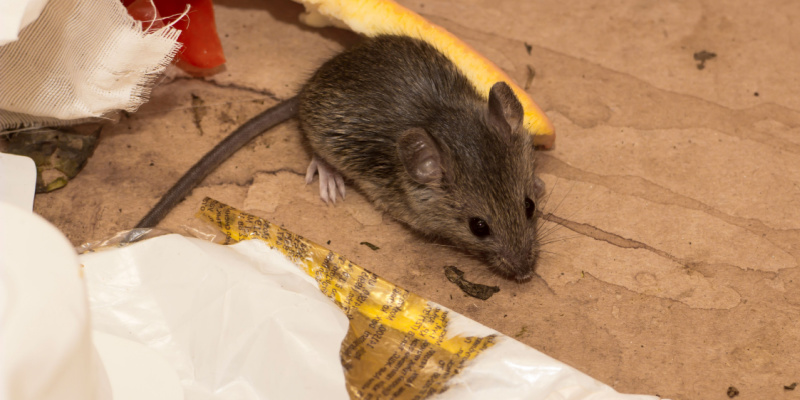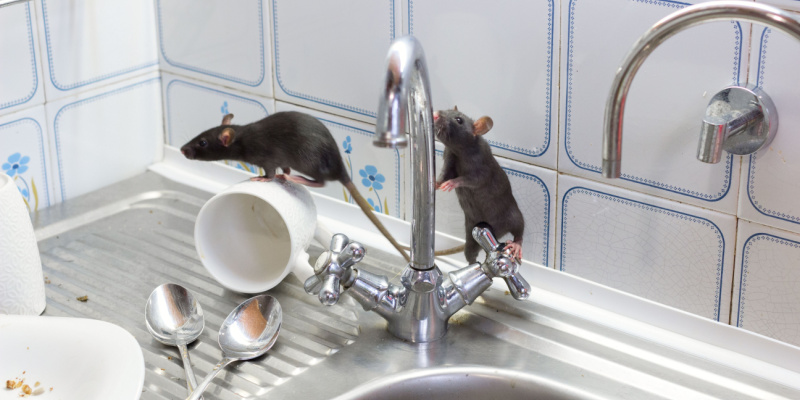Finding a rat in your home can be an alarming experience. Rats pose significant health risks and can cause structural damage to your property. If you’ve seen a rat, it’s important to act quickly and effectively to address the problem. Here are the steps you should take to deal with a rat sighting in your home:
First Steps to Take
1. Assess the Situation
While it’s natural to feel alarmed, try to stay calm. Assess the situation to determine the extent of the problem. If you’ve only seen one rat, there might be more hiding. Look for signs of a larger infestation, such as droppings, gnaw marks, and nests made of shredded materials.
2. Secure Food Sources
Rats are attracted to food, so securing all food sources in your home is crucial. Store food in airtight containers and avoid leaving pet food out overnight. Clean up crumbs and spills immediately, and ensure that garbage cans have tight-fitting lids.
3. Block Entry Points
Inspect your home for potential entry points. Rats can squeeze through very small openings, so check for gaps around doors, windows, vents, and utility pipes. Seal any cracks or holes with materials like steel wool, caulk, or expanding foam to prevent more rats from entering.
4. Set Traps
Setting traps is a common and effective way to catch rats. Snap traps are generally recommended as they are quick and humane. Place traps along walls, in dark corners, and near any signs of rat activity. Bait the traps with food items like peanut butter, cheese, or fruit.
5. Remove Attractants
Beyond securing food, make your home less attractive to rats by removing clutter and potential nesting sites. Declutter areas like basements, attics, and garages, and dispose of cardboard boxes and other materials that rats might use for nests.
6. Clean Thoroughly
Rats leave behind droppings and urine that can spread diseases. Clean any areas where you’ve seen signs of rats with a disinfectant. Be sure to wear gloves and a mask to protect yourself from potential pathogens.
When to Call a Professional
1. Persistent Problem
If you’ve set traps and sealed entry points but continue to see signs of rats, it’s time to call a professional pest control service. Professionals have the expertise and tools to effectively eliminate the problem and prevent future infestations.
2. Health Concerns
Rats can carry diseases that are harmful to humans, such as hantavirus, leptospirosis, and salmonella. If you’re concerned about health risks or have compromised health conditions, seeking professional help is the safest option.
3. Large Infestations
A single rat sighting can indicate a larger infestation. If you suspect there are multiple rats, a professional pest control service can provide a thorough inspection and implement a comprehensive treatment plan to eradicate the infestation.
Preventing Future Infestations
1. Regular Inspections
Schedule regular inspections of your home, especially if you live in an area prone to rodent problems. Early detection can prevent a small problem from becoming a major infestation.
2. Proper Waste Management
Ensure that your garbage is stored in rat-proof containers and regularly emptied. Clean the area around your trash cans to remove any food residues that might attract rats.
3. Landscaping Maintenance
Keep your yard well-maintained by trimming shrubs and trees away from your home, removing debris, and storing firewood and lumber away from the foundation. This reduces hiding places and entry points for rats.
4. Moisture Control
Rats are attracted to water sources, so fix any leaks and ensure proper drainage around your home. Use dehumidifiers in damp areas like basements to reduce moisture levels.
Seeing a rat in your home can be unsettling, but taking immediate action can help you manage the situation effectively. Secure food sources, block entry points, set traps, and remove attractants to address the problem. If the infestation persists, get in touch with the pros at All Pest Solutions. By staying vigilant and taking preventive measures, you can protect your home from future rat problems.
